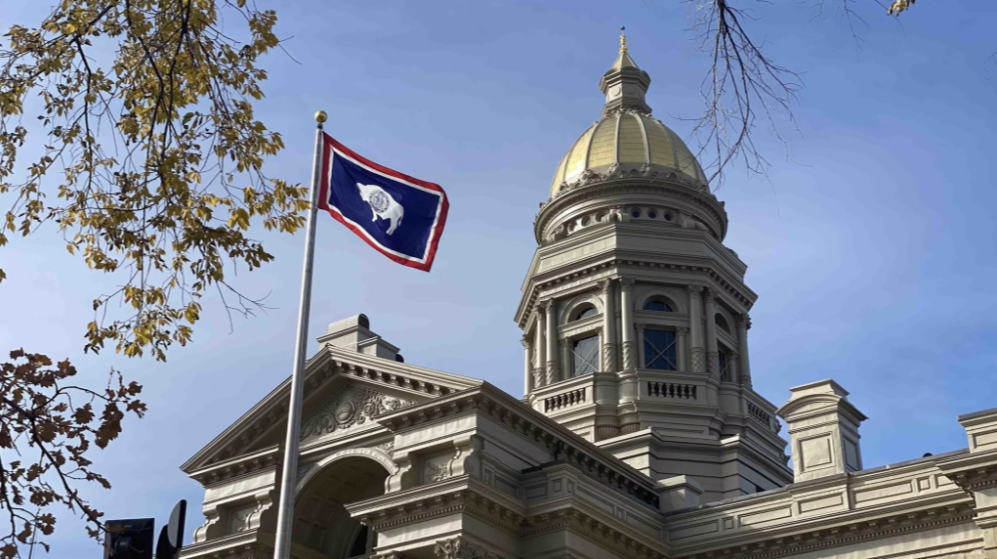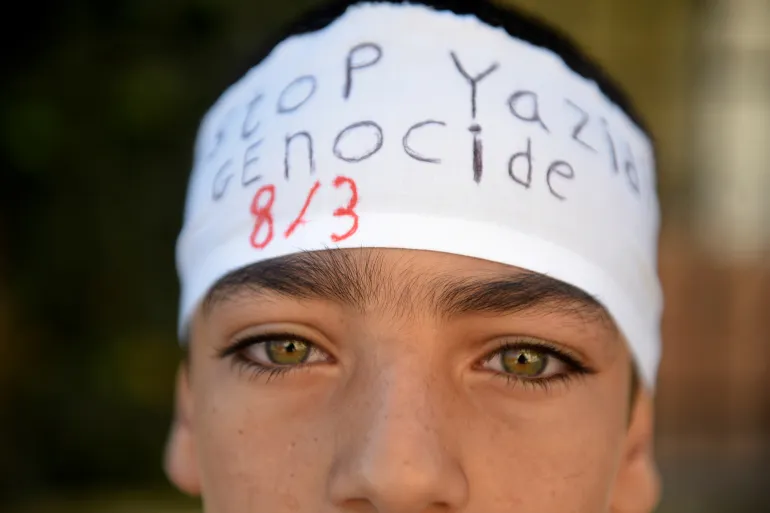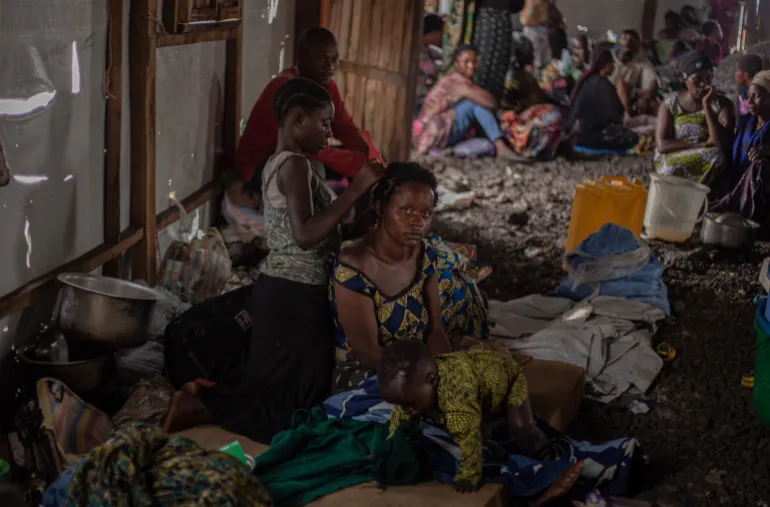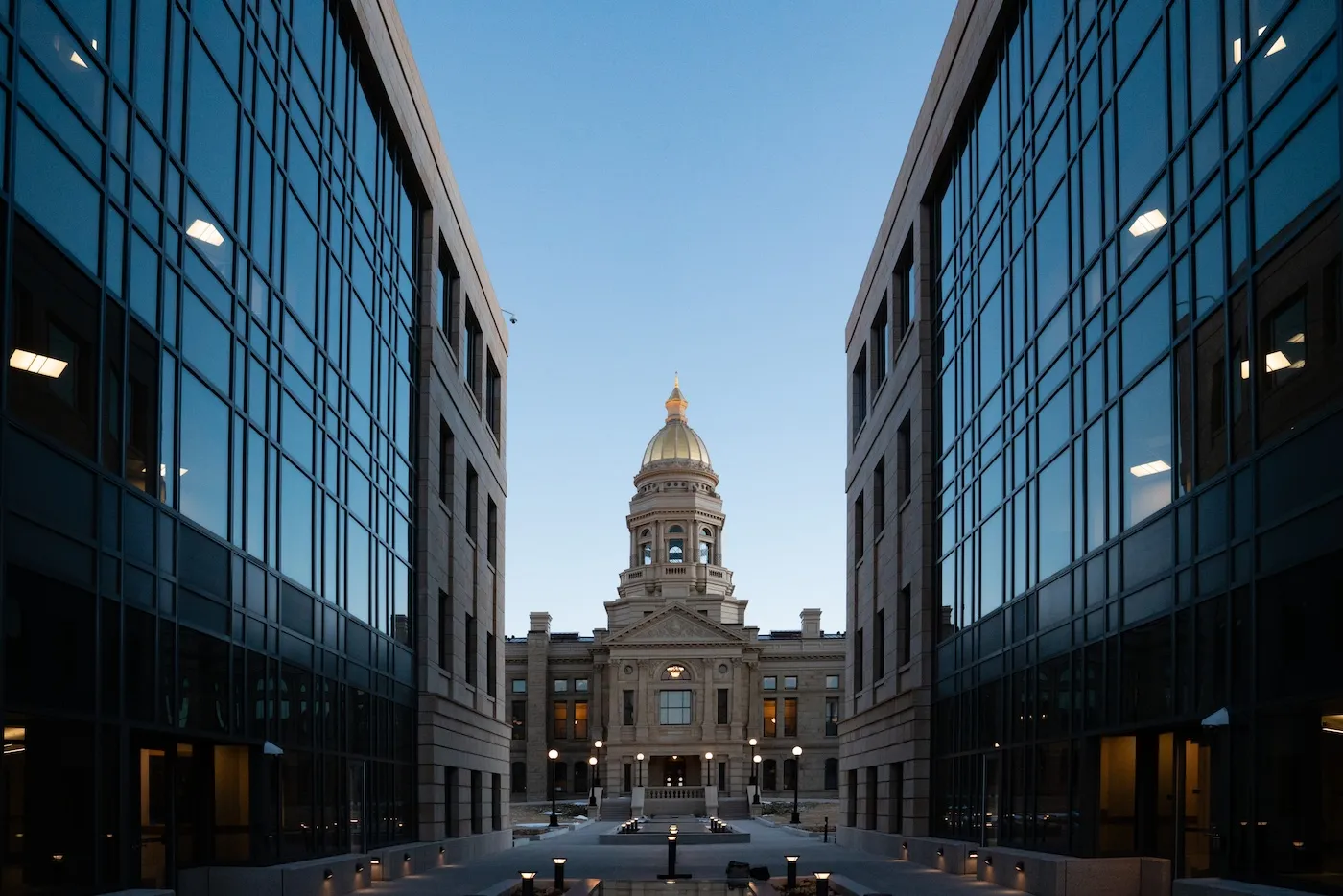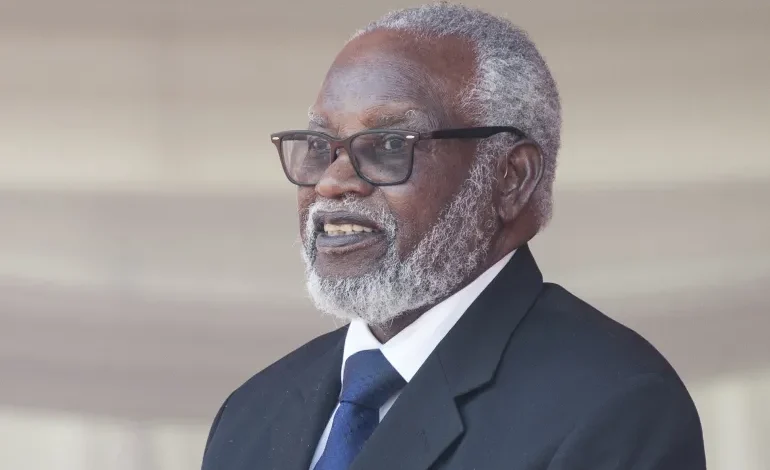Sam Nujoma, the revolutionary leader who guided Namibia to independence from apartheid South Africa in 1990 and served as its first president for 15 years, has died at the age of 95, Al Jazeera reports.
The Namibian presidency announced his passing on Saturday night following a three-week hospitalization in the capital, Windhoek.
Nujoma, revered as Namibia’s “founding father,” led the country to democracy and stability after decades of colonial rule by Germany and a bitter war of independence. He headed the South West Africa People’s Organisation (SWAPO) since its inception in 1960, spearheading the liberation struggle.
He was among the last of a generation of African leaders who steered their countries out of colonial or white minority rule, a group that included South Africa’s Nelson Mandela, Zimbabwe’s Robert Mugabe, Zambia’s Kenneth Kaunda, and Mozambique’s Samora Machel.
While SWAPO has remained in power since independence, Nujoma stepped down as president in 2005 and fully retired from politics in 2007 at the age of 78.
Many Namibians credit Nujoma’s leadership with facilitating national healing and reconciliation after the deep divisions caused by the independence war and South Africa’s apartheid policies, which divided the country into ethnically based regional governments.
Even his political opponents acknowledged Nujoma’s role in establishing a democratic constitution and integrating white businessmen and politicians into government after independence, despite being branded a Marxist.
Born in 1929 to poor farmers from the Ovambo tribe in a small village in northwestern Namibia, Nujoma’s political awakening began in his teenage years in the harbour town of Walvis Bay. He was exposed to the realities of Black life under white-minority rule while living with an aunt in a Black township.
The eldest of 10 children, Nujoma worked as a railway sweeper near Windhoek in 1949 while attending night school. He was introduced to Herero tribal chief Hosea Kutako, who was advocating for an end to apartheid rule in Namibia, then known as South West Africa.
Following more than a decade of pressure from Nujoma and others, the United Nations Security Council proposed a ceasefire and elections in 1978. However, it took another decade for the ceasefire deal to be signed and elections held in late 1989.
SWAPO secured a majority in those elections, and Nujoma assumed office in March 1990, officially marking Namibia’s independence.
Nujoma was known for his fierce anti-Western rhetoric and strong stance against homosexuality, which he termed a “foreign and corrupt ideology,” and HIV/AIDS, which he controversially described as a “man-made biological weapon.”
Following his retirement from the presidency, Nujoma pursued a master’s degree in geology, driven by his belief in Namibia’s untapped mineral wealth.
